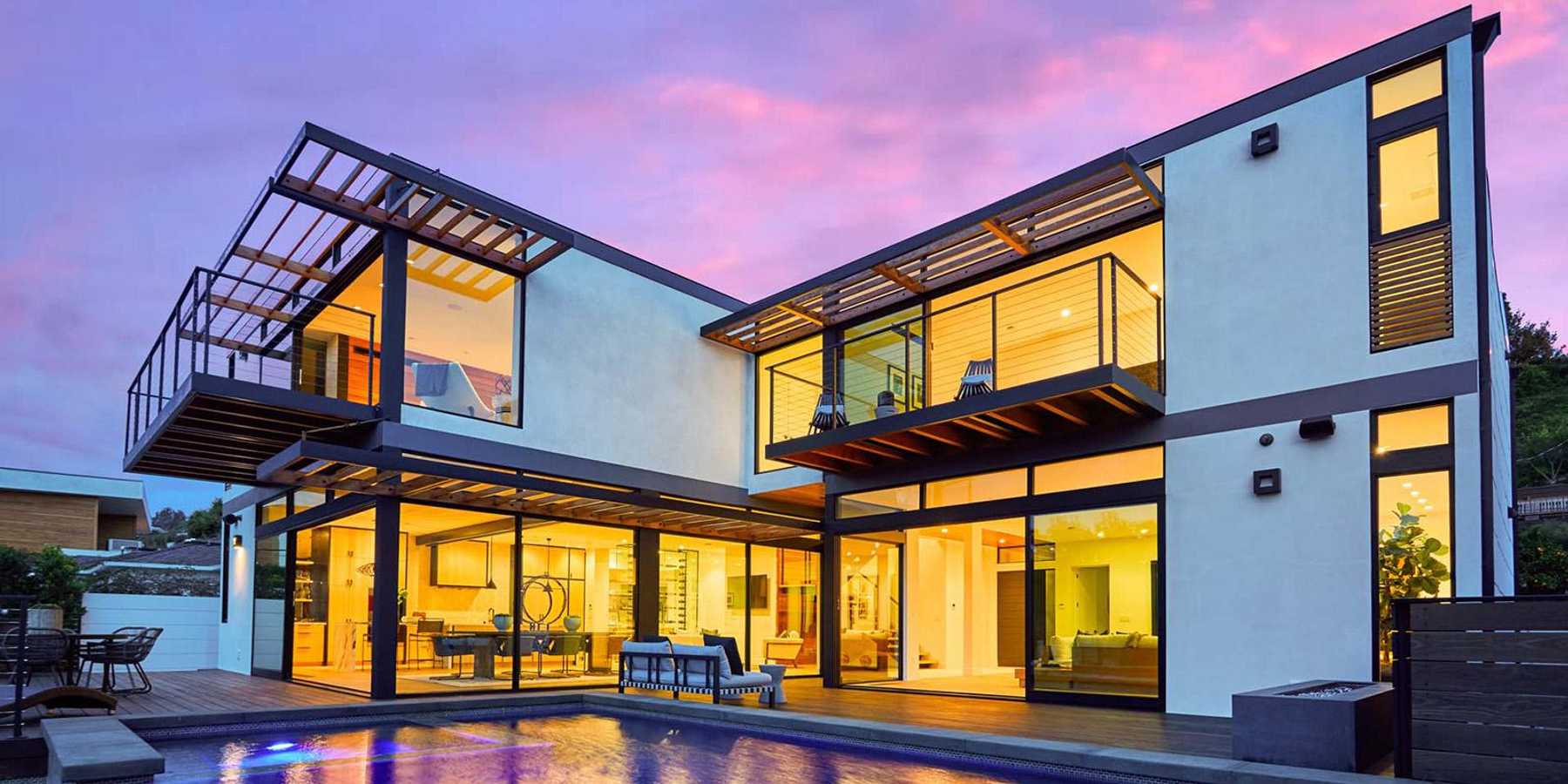

Get in the KNOW
on LA Startups & Tech
X
Illustration by Ian Hurley
What Are LA’s Hottest Startups of 2022? See Who VCs Picked in dot.LA’s Annual Survey
Harri Weber
Harri is dot.LA's senior finance reporter. She previously worked for Gizmodo, Fast Company, VentureBeat and Flipboard. Find her on Twitter and send tips on L.A. startups and venture capital to harrison@dot.la.
In Los Angeles—like the startup environment at large—venture funding and valuations skyrocketed in 2021, even as the coronavirus pandemic continued to surge and supply chain issues rattled the economy. The result was a startup ecosystem that continued to build on its momentum, with no shortage of companies raising private capital at billion-dollar-plus unicorn valuations.
In order to gauge the local startup scene and who’s leading the proverbial pack, we asked more than 30 leading L.A.-based investors for their take on the hottest firms in the region. They responded with more than two dozen venture-backed companies; three startups, in particular, rose above the rest as repeat nominees, while we've organized the rest by their amount of capital raised as of January, according to data from PitchBook. (We also asked VCs not to pick any of their own portfolio companies, and vetted the list to ensure they stuck to that rule.)
Without further ado, here are the 26 L.A. startups that VCs have their eyes on in 2022.
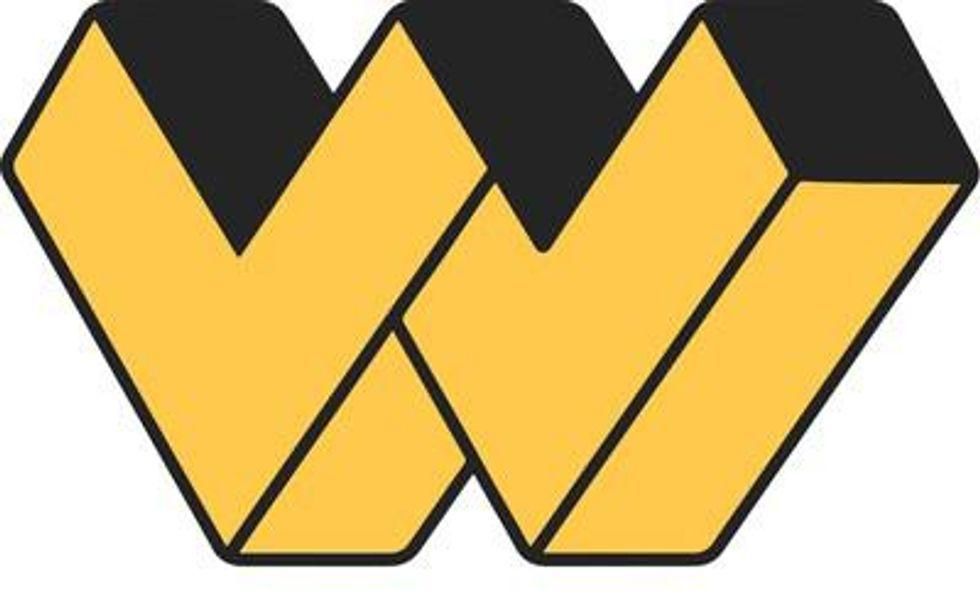
1. Whatnot ($225.4 million raised)
Whatnot was the name most often on the minds of L.A. venture investors—understandably, given its prolific fundraising year. Whatnot raised some $220 million across three separate funding rounds in 2021, on the way to a $1.5 billion valuation.
The Marina del Rey-based livestream shopping platform was founded by former GOAT product manager Logan Head and ex-Googler Grant LaFontaine. The startup made its name by providing a live auction platform for buying and selling collectables like rare Pokémon cards, and has since expanded into sports memorabilia, sneakers and apparel.
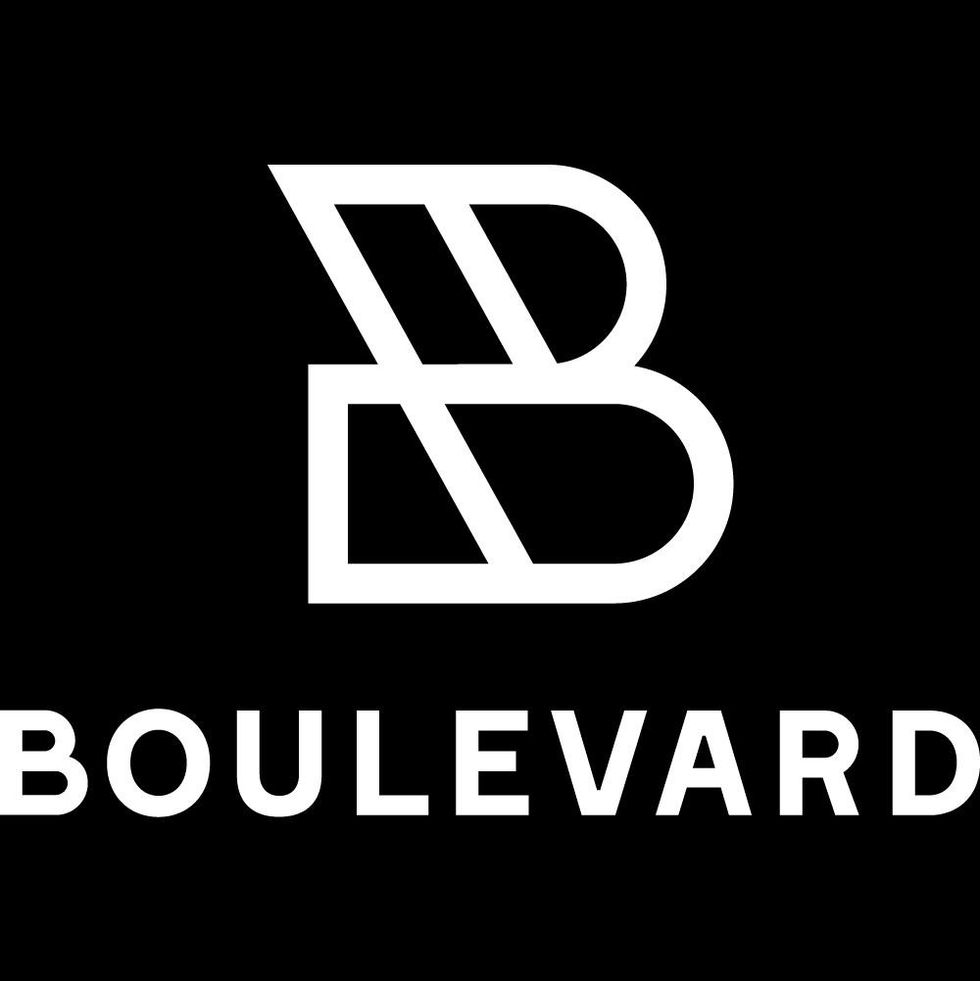
2. Boulevard ($40.3 million raised)
Boulevard’s backers include Santa Monica-based early-stage VC firm Bonfire Ventures, which focuses on B2B software startups. The Downtown-based company fits nicely within that thesis; Boulevard builds booking and payment software for salons and spas. The firm has worked with prominent brands such as Toni & Guy and HeyDay.
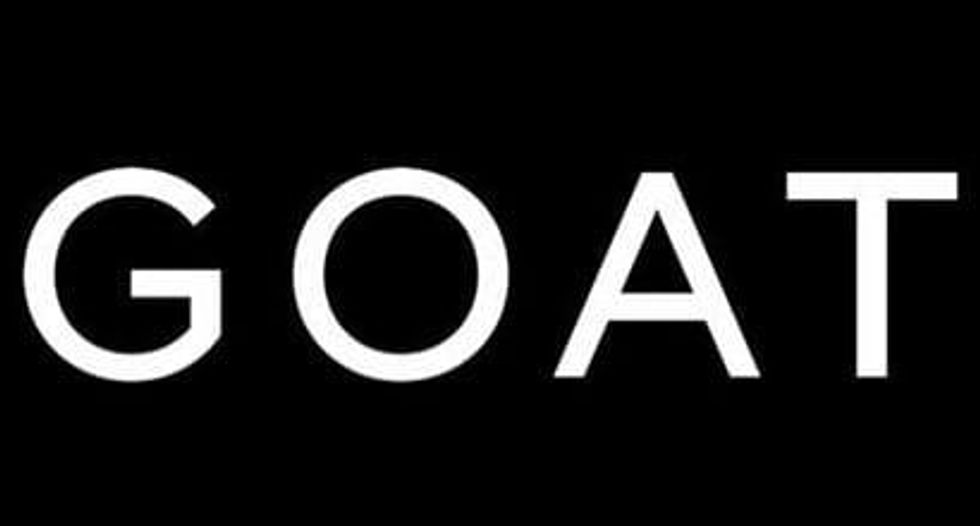
3. GOAT ($492.7 million)
GOAT launched in 2015 as a marketplace to help sneakerheads authenticate used Air Jordans and other collectible shoes. It has since grown at a prolific rate, expanding into apparel and accessories and exceeding $2 billion in merchandise sales in 2020. The startup sealed a $195 million funding round last summer that more than doubled its valuation, to $3.7 billion.
The Best of the Rest
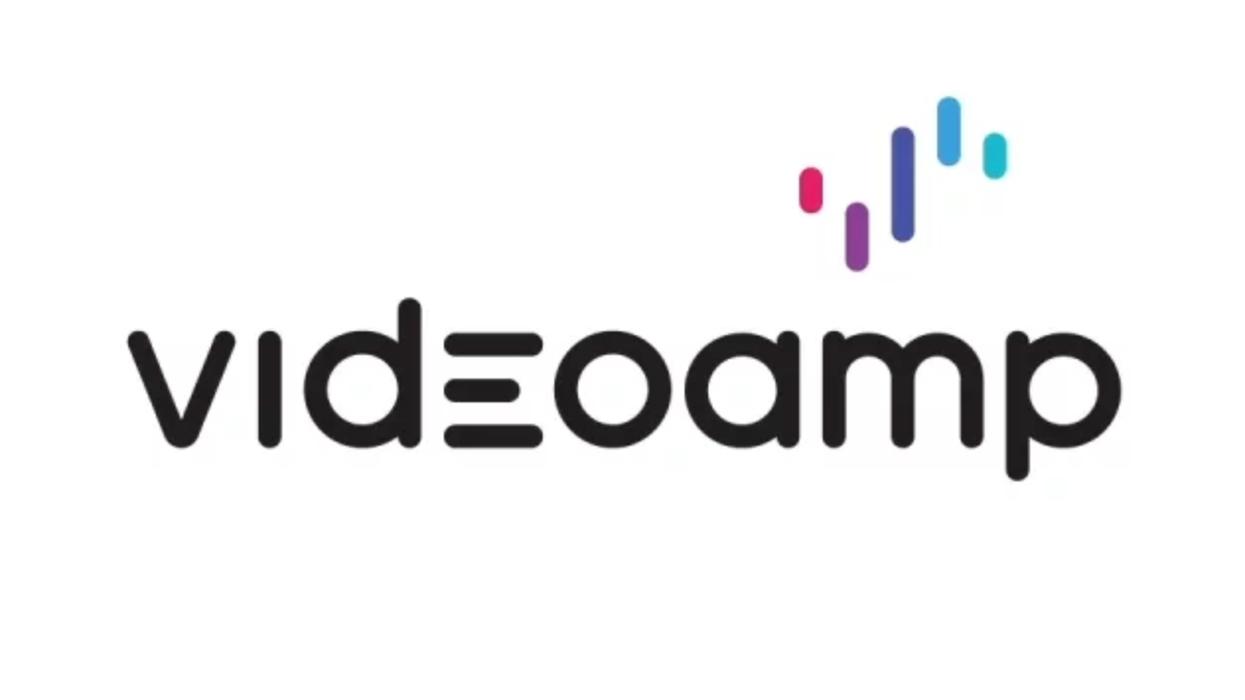
VideoAmp ($578.6 raised)
Nielsen competitor VideoAmp gathers data on who's watching what across streaming services, traditional TV and social apps like YouTube. The company positions itself as an alternative to so-called "legacy" systems like Nielsen, which it says are "fragmented, riddled with complexity and inaccurate." In addition to venture funding, its total funding figure includes more than $165 million in debt financing.

Mythical Games ($269.4 million raised)
Seizing on the NFT craze, Mythical Games is building a platform that powers the growing realm of “play-to-earn games.” Backed by NBA legend Michael Jordan and Andreessen Horowitz, the Sherman Oaks-based startup’s partners include game publishers Abstraction, Creative Mobile and CCG Lab.

FloQast ($202 million raised)
FloQast founder Michael Whitmire says he got a “no” from more than 100 investors in the process of raising a seed round. Today, the accounting software company is considered a unicorn.

Nacelle ($70.8 million raised)
Nacelle produces docuseries, books, comedy albums and podcasts. The media company’s efforts include the Netflix travel series “Down To Earth with Zac Efron.”
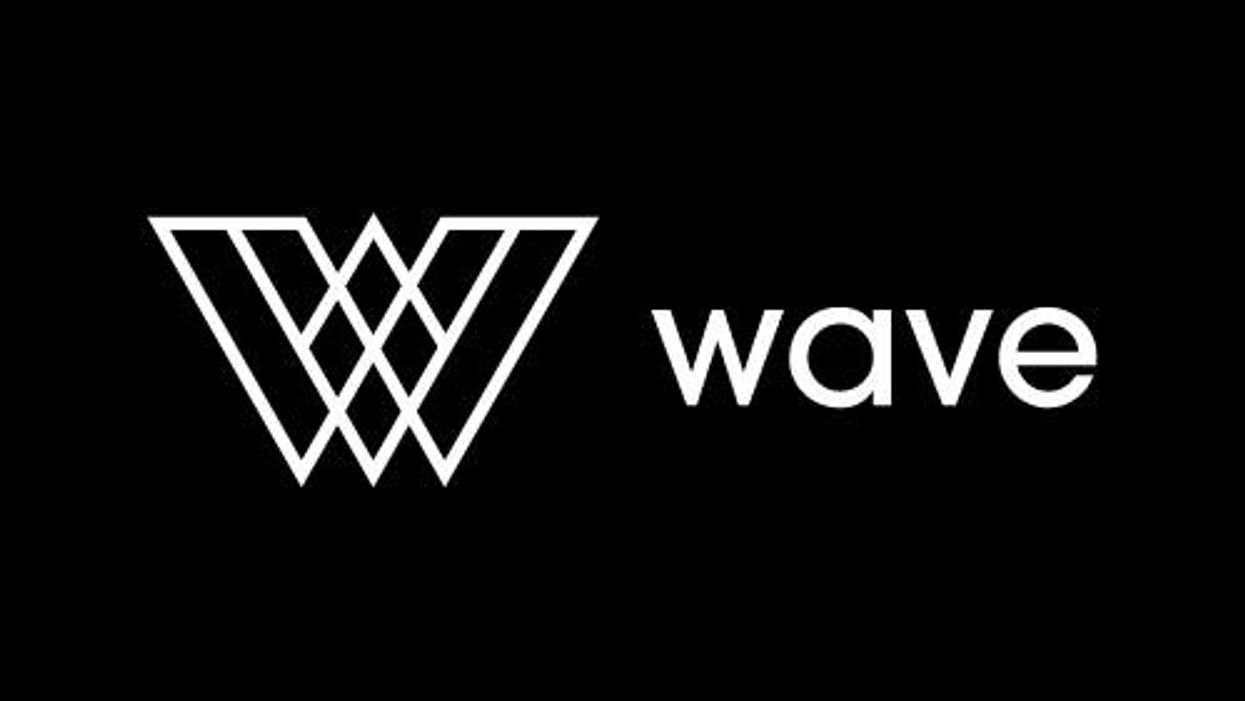
Wave ($66 million raised)
A platform for virtual concerts, Wave has hosted performances by artists including Justin Bieber, Tinashe and The Weeknd. The company says it has raised $66 million to date from the likes of Warner Music and Tencent.
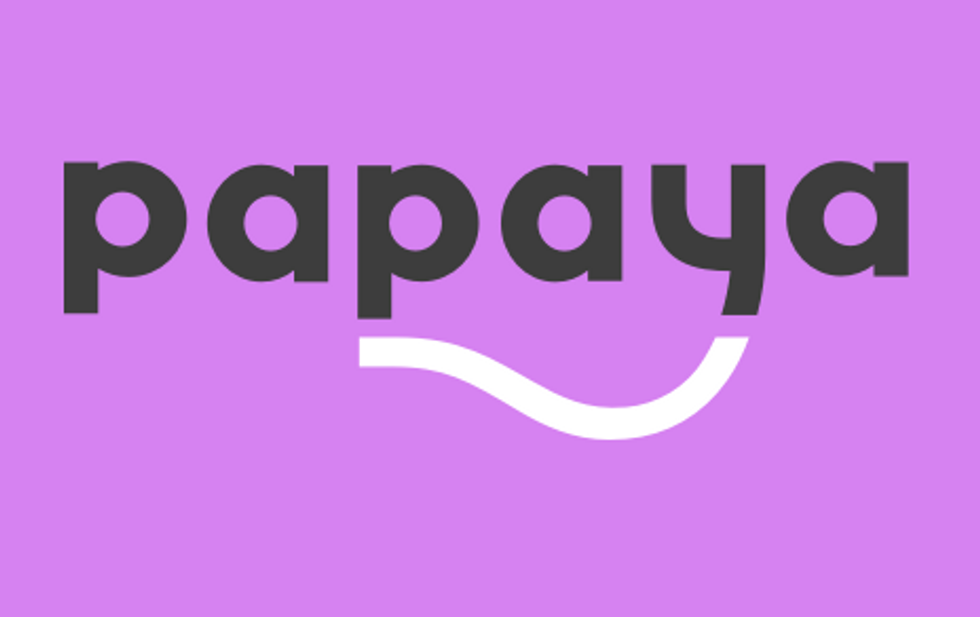
Papaya ($65.2 million raised)
Sherman Oaks-based Papaya looks to make it easier to pay “any” bill—from hospital bills to parking tickets—via its mobile app.
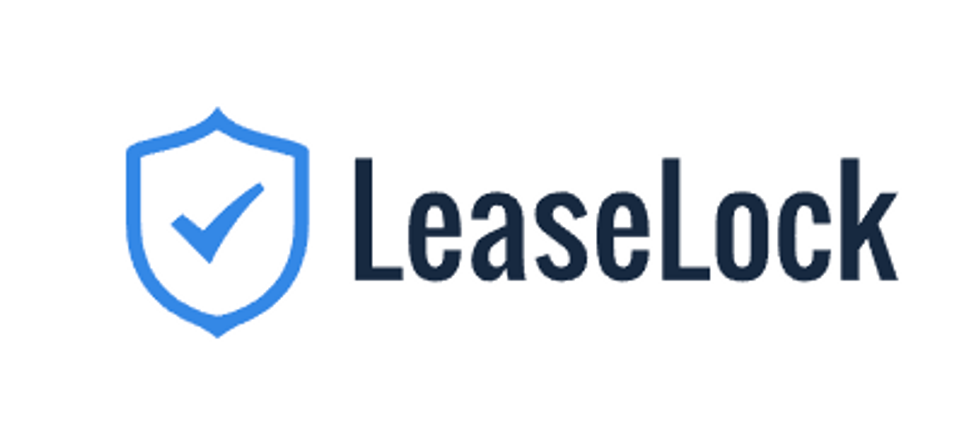
LeaseLock ($63.2 million raised)
Based in Marina del Rey, LeaseLock says it’s on a mission to eliminate security deposits for apartment renters.
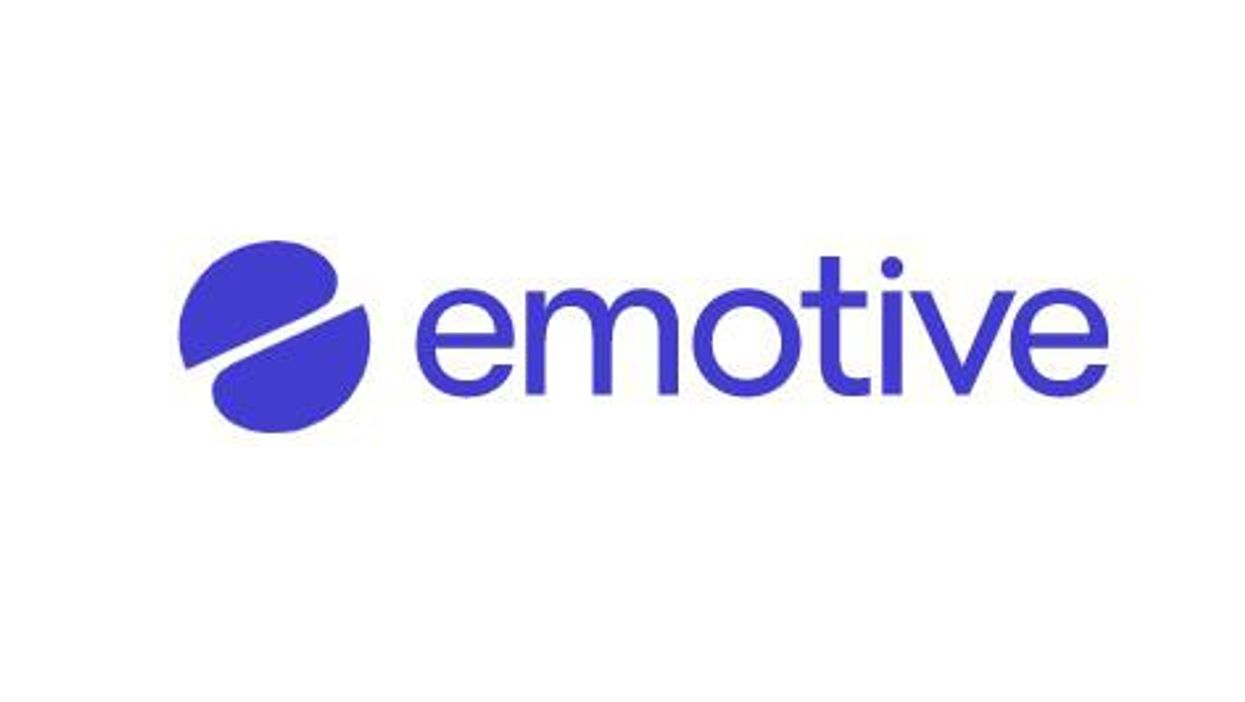
Emotive ($58.1 million raised)
Emotive sells text message-focused marketing tools to ecommerce firms like underwear brand Parade and men's grooming company Beardbrand.
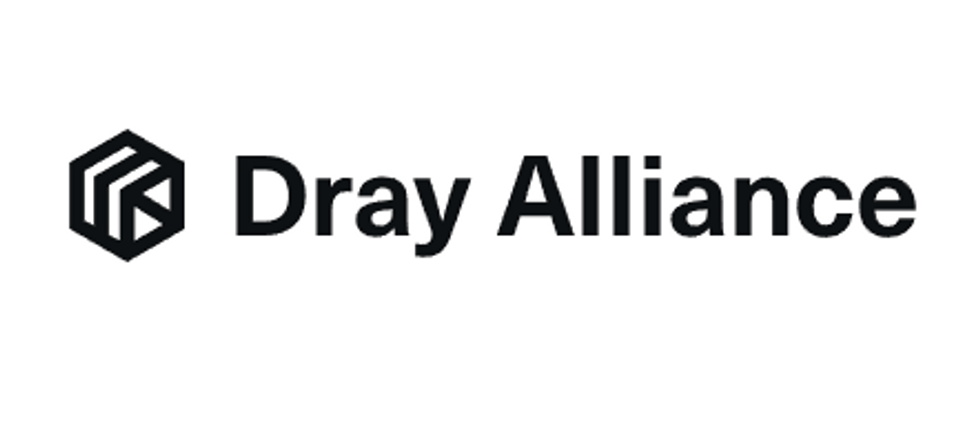
Dray Alliance ($55 million raised)
Based in Long Beach, Dray says its mission is to “modernize the logistics and trucking industry.” Its partners include Danish shipping company Maersk and toy maker Mattel.
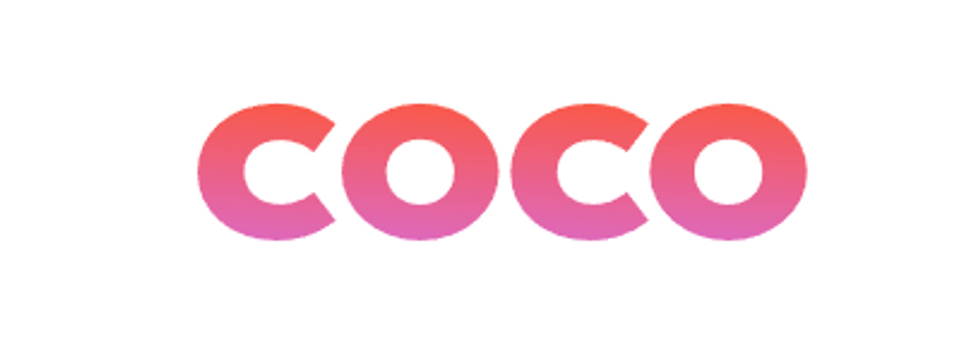
Coco ($43 million raised)
Coco makes small pink robots on wheels (you may have seen them around town) that deliver food via a remote pilot. Its investors include Y Combinator and Silicon Valley Bank.
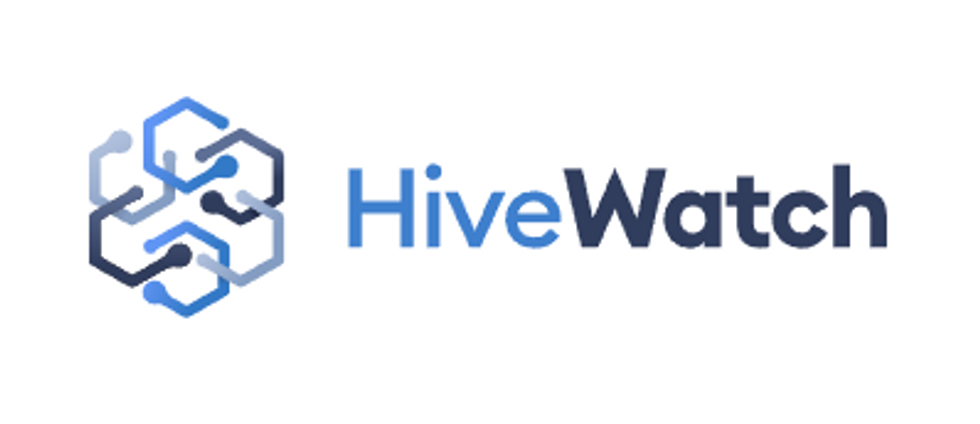
HiveWatch ($25 million raised)
HiveWatch develops physical security software. Its investors include former Twitter executive Dick Costollo and NBA star Steph Curry’s Penny Jar Capital.

Popshop ($24.5 million raised)
Whatnot competitor Popshop is betting that live-shopping is the future of ecommerce. The West Hollywood-based firm focuses on collectables such as trading cards and anime merchandise.
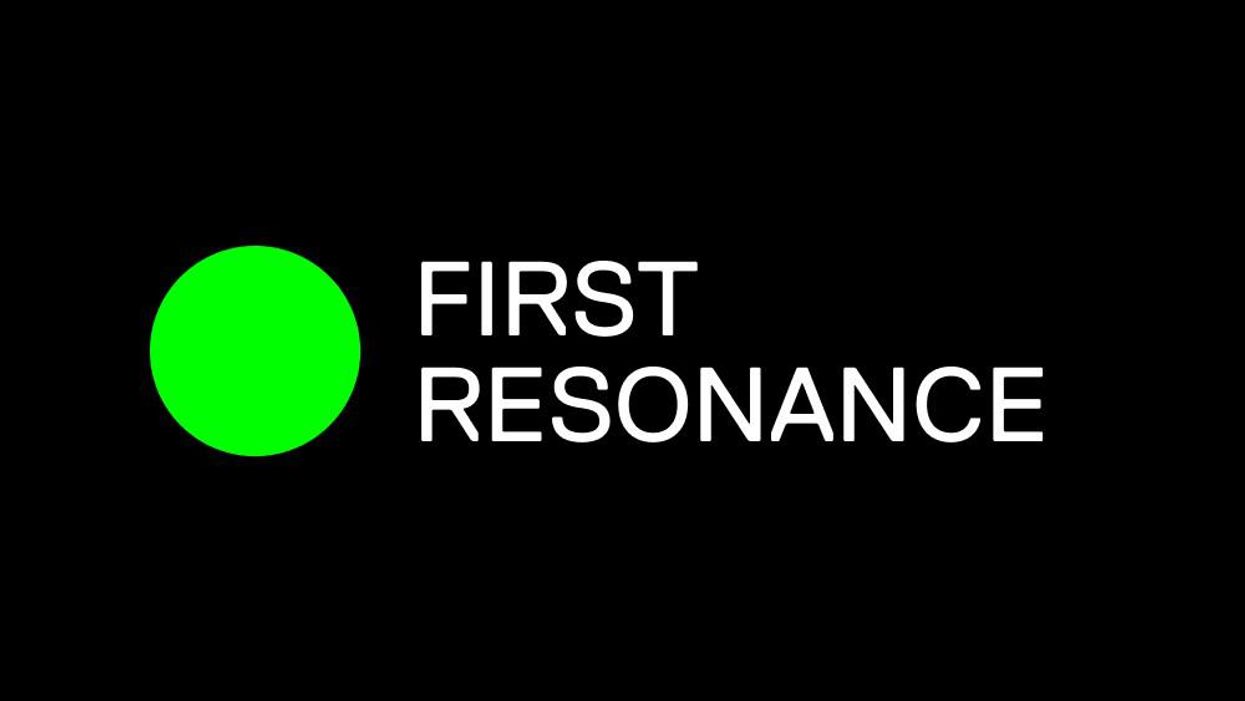
First Resonance ($19.4 million raised)
Founded by former SpaceX engineer Karan Talati, First Resonance runs a software platform for makers of electric cars and aerospace technology. Its clients include Santa Cruz-based air taxi company Joby Aviation and Alameda-based rocket company Astra.
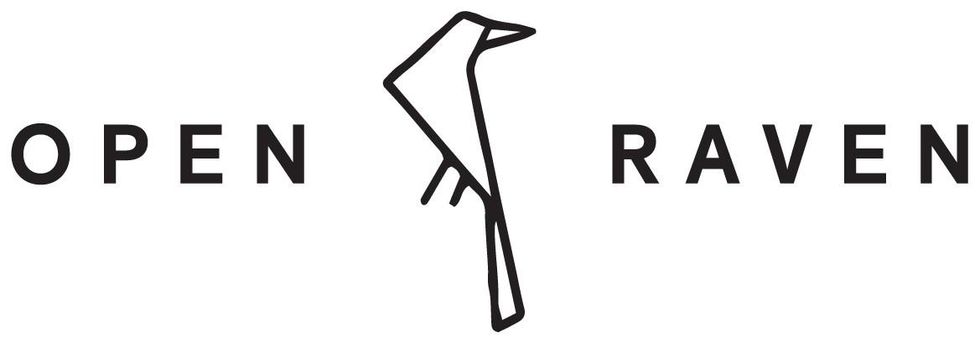
Open Raven ($19 million raised)
Founded by Crowdstrike and Microsoft alums, Open Raven aims to protect user data. The cybersecurity firm’s investors include Kleiner Perkins and Upfront Ventures.
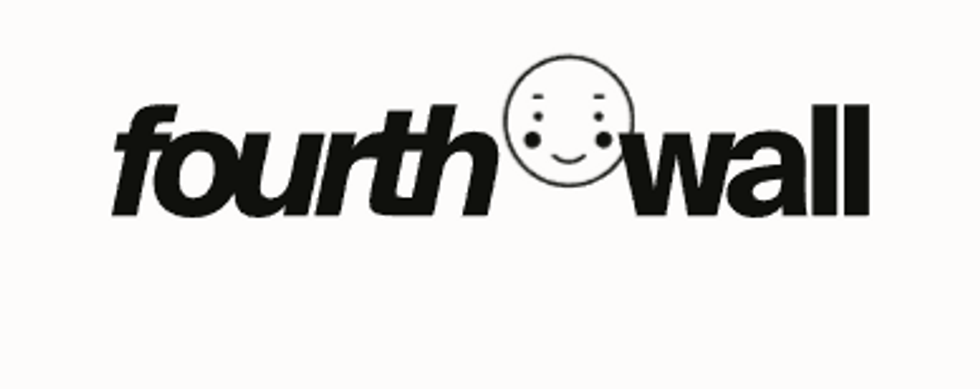
Fourthwall ($17 million raised)
When an actor faces the camera and speaks directly to the audience, it’s known as “breaking the fourth wall.” Named after the trope, Venice-based Fourthwall offers a website builder that’s designed for content creators.

The Non Fungible Token Company ($15 million raised)
The Non Fungible Token Company creates NFTs for musicians under the name Unblocked. Its investors include Jay Z’s Marcy Venture Partners and Shawn Mendez.
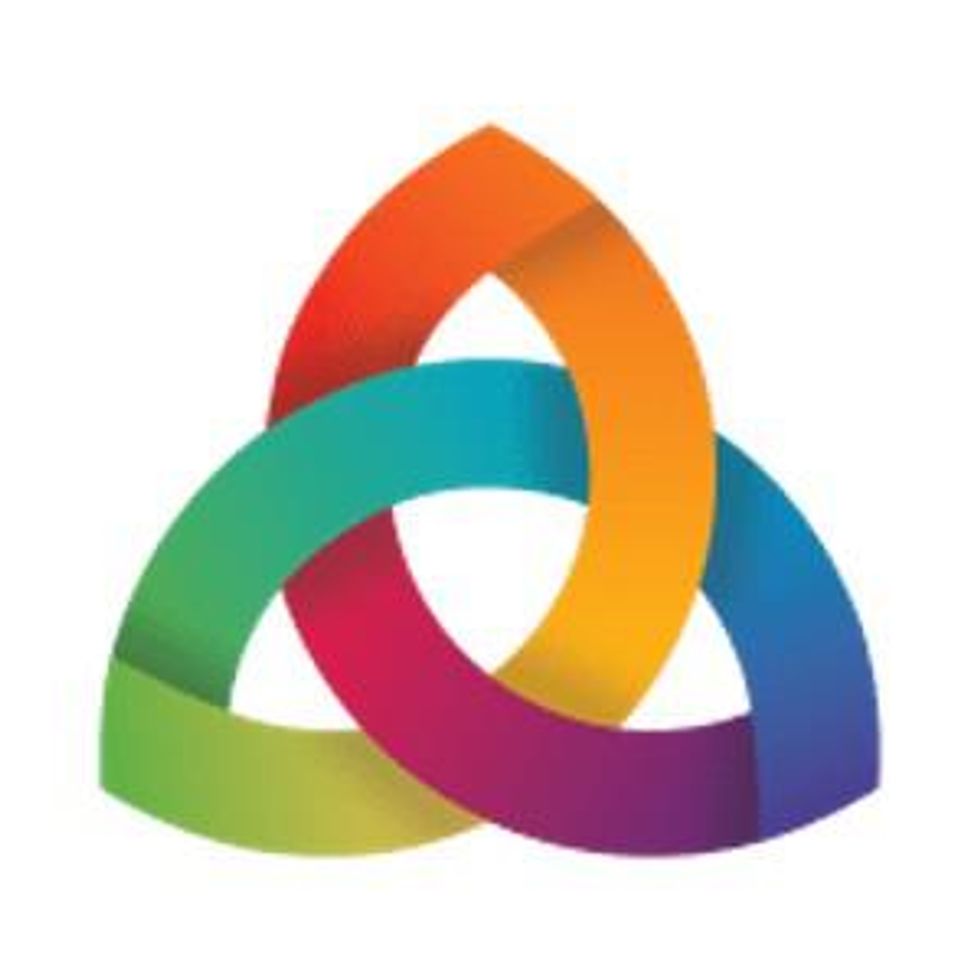
Safe Health Systems ($15 million raised)
Backed by Mayo Clinic Ventures, Safe Health develops telehealth software and offers tools for enterprises to launch their own health care apps.
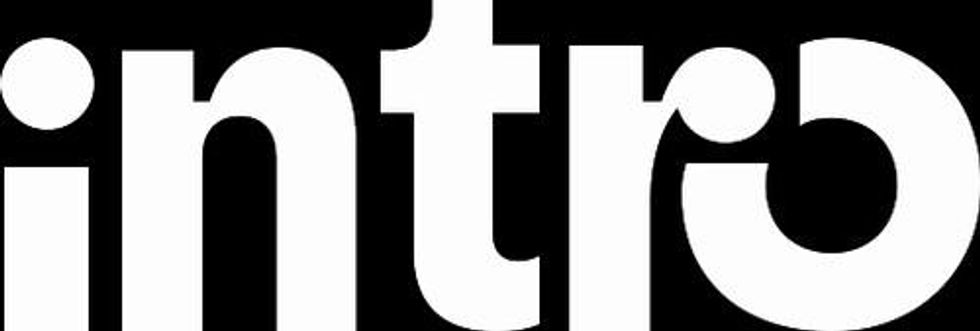
Intro ($11.6 million raised)
Intro’s app lets you book video calls with experts—from celebrity stylists, to astrologists, to investors.
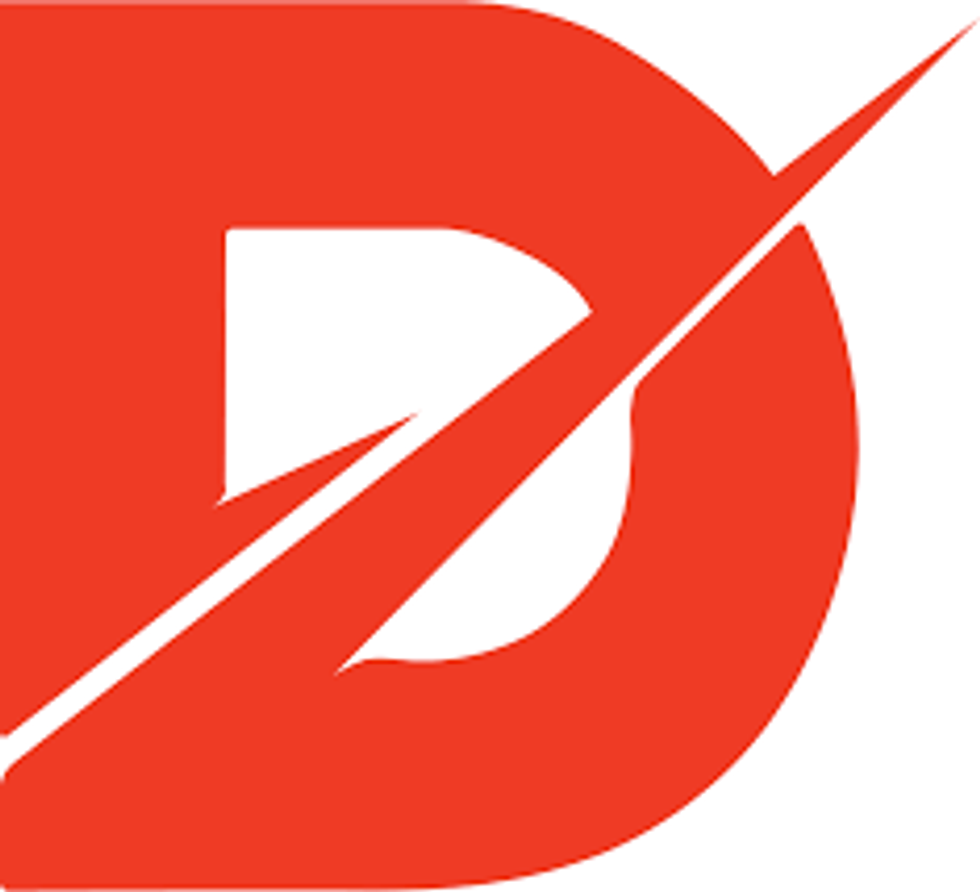
DASH Systems ($8.5 million raised)
With the tagline “Land the package, not the plane,” DASH Systems is a Hawthorne-based shipping company that builds hardware and software for automated airdrops.

Ettitude ($3.5 million raised)
With a focus on sustainability, Ettitude is a direct-to-consumer brand that sells bedding, bathroom textiles and sleepwear.

Afterparty ($3 million raised)
Along similar lines as Unblocked, Afterparty creates NFTs for artists and content creators such as Clay Perry and Tropix.
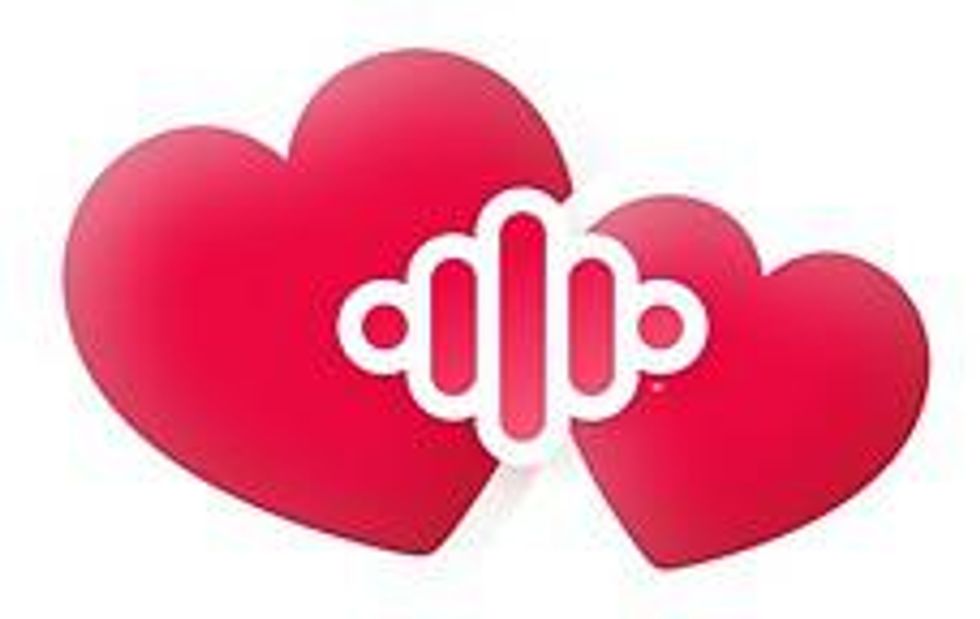
Heart to Heart ($0.75 million raised)
Heart to Heart is an audio-focused dating app that “lets you listen to the story behind the pictures in a profile.” Precursor Ventures led the pre-seed funding round.

Frigg (undisclosed)
Frigg makes hair and beauty products that contain cannabinoids such as CBD. The Valley Village-based company raised an undisclosed seed round in August.
From Your Site Articles
- The Early-Stage Startups in LA Set to Take Off in 2021 - dot.LA ›
- Los Angeles Startups Closed a Record Number of Deals in Q3 - dot.LA ›
- dot.LA's Map of Startups in Los Angeles - dot.LA ›
- The Hottest LA Startups of 2020 - dot.LA ›
- Los Angeles Cleantech Incubator Launches Green Loan Fund - dot.LA ›
- dot.LA's Guide on L.A. Flight Startups Overair, Archer Aviation - dot.LA ›
- Here Are LA’s Hottest Startups for 2023 - dot.LA ›
- Nobody Studios Plans to Build 100 Startups in Five Years - dot.LA ›
- From GameTree to Sota — Ukrainian Founders Call LA Home - dot.LA ›
Related Articles Around the Web
Harri Weber
Harri is dot.LA's senior finance reporter. She previously worked for Gizmodo, Fast Company, VentureBeat and Flipboard. Find her on Twitter and send tips on L.A. startups and venture capital to harrison@dot.la.
The Existential Crisis Plaguing Tech’s Cohabitation Incubators
03:05 PM | September 26, 2022
In 2021, dot.LA reported on the invasion of the startup live-in incubator. “In the Hollywood Hills, a collective started by two twenty-seven year-old entrepreneurs is helping seed-stage companies land funds and build up their products,” wrote Katherin Abando. “Across town, a roving launch house focuses on building biotech entrepreneurs. Another is trying to foster breakthrough products in augmented reality.”
Fast forward a year. The collab house model—which often touts itself as an educational program for tech entrepreneurs to live together and develop their companies—is facing an existential crisis, with at least one of the examples lauded in the article facing multiple allegations of fostering a culture that led to sexual assault, harassment and in one case, retaliation against a member of the house.
The distinction between Launch House and other live-incubators has been well described. In 2021, dot.LA reported that unlike veteran accelerators like Y Combinator, Launch House founders Jacob Peters, Michael Houck, and Brett Goldstein weren’t promising entrepreneurs any investment. Instead, the draw was, “schmoozing, advice and social media exposure.” And their idea was based on Peters’ belief that, "Universities are no longer going to be the aggregators of great talent. It's going to be small, niche communities that start in houses."
If that’s going to be the case however, there needs to be a serious reconsideration of how the collab-house model operates when the heat is on. Earlier this month, Vox released an investigation into Launch House, a “professional social club” for tech founders, which among other activities, hosts members at a luxury property in Beverly Hills. Since that report, some existing investors in the startup and its venture fund have issued public statements supporting the alleged victims and denouncing the alleged behavior of Launch House. Others have taken the stance that the reporting of the story itself was exploitative, blaming the media for its “handling” of the news was itself insensitive.
Launch House, meanwhile, confirmed to TechCrunch via spokesperson that it is initiating its own independent, third-party investigation. Company CEO Brett Goldstein published a public memo in response to the allegations in which he stated that claims in the Vox story pertain “to a period over a year ago when we were a very different company.”
This isn’t the first time Launch House has faced complaints of workplace misconduct. Late last year, Business Insider reported about a “wild party” at the Launch House mansion in May 2021 as well as a COVID outbreak the year before.
Should anyone be surprised that a tech incubator full of young people living and working under the same roof, with dreams of being tech entrepreneurs, is prone to cultivating an unsafe workplace environment?
In 2017, Y Combinator was in the news for similar indiscretions. At the time, the incubator—known for launching Airbnb, Coinbase, DoorDash, Dropbox, Reddit and Twitch—was facing their own set of allegations of sexual harassment in the workplace. The startup ostensibly dealt with the situation by issuing apologies and having two high-profile venture capital investors resign. Nonetheless, a year later, according to a survey by Y combinator, one in five female founders who passed through the influential Silicon Valley startup incubator still reported having been sexually harassed or assaulted by investors.
Nearly half a decade later the tech incubator model is still suffering from the same issues that might be obvious to anyone who looked beyond the promise of community. Despite the various cautionary tales of toxic tech startups whose founders end up being played by Joseph Gordon-Levitt, Jared Leto or Amanda Seyfried, many of these incubators have yet to take the very basic step in becoming a legitimate enterprise. Live-in incubators aren’t hiring live-in Human Resource departments…or any at all. And that’s a big problem.
Chien-Chi Tseng is a Collegiate Associate Professor of Technology Entrepreneurship at Virginia Tech who used to develop incubation centers across Taiwan university campuses. According to Tseng, the incubator model should adopt an approach to HR no different from a standard company.
“Like the clients it serves, the incubator must be based on a solid customer need and provide a strong value proposition,” Tseng told dot.LA. “The common thread among all the successful incubators is that they are run as businesses with the customer being the companies they serve.” In the case of Launch House, that’s the young individuals who are trying to create a successful startup who are also living under their roof.he live-in incubator, Tseng believes, warrants a paradigm shift in how it thinks (or more often, doesn’t) about HR. department.
“To better approach the work format of live-in incubators, HR teams cannot decide their success based on a single parameter,” Tseng told dot.LA, one that takes into account a "narrow but diverse set of metrics." Those metrics can range from an incubator's financial health to the number of acquisitions and IPOs; the support provided to its members both in the form of funding from investors to more ephemeral benchmarks, like mentorship engagement. It also needs to be able to swiftly address a myriad of new issues that stem specifically from having colleagues living together: screening applicants not just on the strength of their pitch, but their background checks. Due diligence is a foundational necessity in this process, yet seems to be a low priority for young incubators…until they find themselves in hot water.
To that end, Launch House promised during a private town hall that they are building an industry-leading safety and security program for co-living experiences. The details of the program, however, have yet to be divulged.
With that said, Launch House is hardly the only live-in incubator house reckoning with issues arising from a co-living experience. More recently, a leaked contract from Hype House — one of the most famous and longest-running content houses in Los Angeles — revealed a series of extremely restrictive rules that participating influencers have to follow. “You’re giving up all rights to any claims you have,” said one Los Angeles based lawyer who has represented influencers and others in the entertainment industry. “Everything. All known and unknown future claims, which is excessive.” Far from investing in human resources, Hype House invested in the opposite: lawyers and publicists. This sends a message to the community that optics are more important than fixing systemic issues.
A request for comment sent to four different LA-based live-incubators asking how they’re triaging their approach to HR received no responses.
Currently, the live-in incubator environment makes up a small fraction of Los Angeles tech entrepreneurship. As Vox noted, “Programs like Launch House, which often require members to pack their bags and move to a new city with just a few weeks’ notice, are only feasible for a very specific group of people: young, hungry digital nomads with the freedom to figure it out as they go along.”
But that number is growing, propelled by a new generational ambition: over 30% of Gen Zers living in Los Angeles want to be influencers. With the rise of the “creator house” and an ever-expanding network of live-in startup options, there’s every reason for the collab house model to consider a more robust approach to mitigating the dark side of building “community” in tech. Otherwise, the issues plaguing Launch House today will continue to be the industry standard.From Your Site Articles
- Meet the LA Startup Houses Building Companies Through Co-Living ... ›
- Launch House: Influencer Energy Meets Entrepreneurial Grit - dot.LA ›
Related Articles Around the Web
Read moreShow less
Andrew Fiouzi
Andrew Fiouzi is an editor at dot.LA. He was previously a features writer at MEL Magazine where he covered masculinity, tech and true crime. His work has been featured in the Los Angeles Times, Long Reads and Vice, among other publications.
💘Zeitview’s New Valentine : Catching Methane Leaks
10:20 AM | February 13, 2026
🔦 Spotlight
Hello Los Angeles, happy Friday and happy Valentine’s Day weekend.
While the rest of us are debating flowers vs. gifts vs. reservations, LA’s infrastructure nerds are out here celebrating a different kind of romance: finding leaks before they ghost your entire operation.
Zeitview just made methane a first-class feature
Zeitview has acquired Insight M, folding high-frequency aerial methane detection into its broader “see it, measure it, fix it” play for critical infrastructure. The combined offering pairs methane monitoring with Zeitview’s predictive asset-health and inspection workflows, so operators can spot emissions faster, prioritize repairs, and tie results back to ROI instead of vibes.
What Zeitview actually does, beyond the buzzwords
If you haven’t been tracking them, Zeitview is essentially the operating layer for inspecting big, physical assets using drones, aircraft, and computer vision. They can analyze imagery you already have or capture fresh data, then turn it into inspection reports and analytics through their Asset Insights platform.
Zeitview was previously known as DroneBase and rebranded after raising an expansion round, signaling a broader push beyond “drones” into enterprise-grade infrastructure intelligence across energy and other asset-heavy industries.
Why Insight M fits, and why this isn’t just “climate tech”
Methane is the rare climate problem that also hits the P&L, because a leak is both emissions and lost product. Insight M has built credibility around methane monitoring that’s meant to be operational, not just observational, and that plugs neatly into Zeitview’s inspection footprint.
Put together, this looks less like a single acquisition and more like a workflow upgrade: one system that finds a problem, quantifies it, routes it to the right team, and proves it was fixed. The least romantic Valentine’s message of all, maybe, but also the most adult: “I noticed something small, and I handled it before it became expensive.”
Keep scrolling for the latest LA venture rounds, fund news and acquisitions.
🤝 Venture Deals
LA Companies
- HAWKs (Hiking Adventures With Kids), a nature-based children’s enrichment brand founded in Los Angeles, secured a strategic investment from Post Investment Group to accelerate its nationwide franchise expansion. The company plans to scale its mobile, outdoor-program model (after-school adventures, camps, and weekend sessions) by opening franchise territories across the U.S. while using Post’s franchising platform to build the operational infrastructure and support system for new operators. - learn more
LA Venture Funds
- Allomer Capital Group participated in TRUCE Software’s newly closed Series B, a round led by Yttrium with additional backing from New Amsterdam Growth Capital. The company did not disclose the amount, but says it will use the funding to scale go-to-market for two mobile-first product suites: an AI video telematics platform for commercial fleets that runs on standard smartphones, and TRUCE Family, a software approach to limiting student phone distractions in K–12 schools. - learn more
- Wonder Ventures participated in The Biological Computing Company’s $25M seed round, which was led by Primary Venture Partners alongside Builders VC, Refactor Capital, E1 Ventures, Proximity, and Tusk Ventures. The startup is commercializing “biological compute,” connecting living neurons to modern AI systems to make certain tasks dramatically more energy-efficient, and says its first product shows a 23x retained improvement in video model efficiency while also helping discover new AI architectures. - learn more
- Bonfire Ventures co-led Santé’s $7.6M seed round, with backing from Operator Collective, Y Combinator, and Veridical Ventures. Santé is building an AI- and fintech-driven operating system for wine and liquor retailers that brings POS, inventory, e-commerce, delivery orders, and invoice workflows into one platform to replace a lot of manual, fragmented processes. - learn more
- B Capital co-led Apptronik’s initial 2025 Series A and participated again in the company’s new $520M Series A extension, bringing the total Series A to $935M+ (nearly $1B raised overall). The company says it will use the fresh capital to ramp production and deployments of its Apollo humanoid robots and invest in facilities for robot training and data collection, with the extension also bringing in new backers like AT&T Ventures, John Deere, and Qatar Investment Authority alongside repeat investors including Google and Mercedes-Benz. - learn more
- WndrCo participated in Inertia Enterprises’s new $450M Series A, a round led by Bessemer Venture Partners with additional investors including GV, Modern Capital, and Threshold Ventures. The company says it will use the milestone-based financing to commercialize laser-based fusion built on physics proven at the National Ignition Facility at Lawrence Livermore National Laboratory, including building its “Thunderwall” high-power laser system and scaling a production line to mass-manufacture fusion fuel targets. - learn more
- Riot Ventures participated as a returning investor in Integrate’s $17M Series A, which was led by FPV Ventures with participation from Fuse VC and Rsquared VC. Integrate is pitching an ultra-secure project management platform built for classified, multi-organization programs, and says it has become a requirement for certain U.S. Space Force launch efforts. The company plans to use the new funding to ship additional capabilities for government customers and scale go-to-market across the defense tech sector. - learn more
- MANTIS Ventures participated in Project Omega’s $12M oversubscribed seed round, which was led by Starship Ventures alongside Buckley Ventures, Decisive Point, Slow Ventures, and others. Project Omega is emerging from stealth to build an end-to-end nuclear fuel recycling capability in the U.S., aiming to turn spent nuclear fuel into long-duration power sources and critical materials, with early lab demonstrations underway and an ARPA-E partnership to validate a commercially viable recycling pathway. - learn more
- Plus Capital participated in Garner Health’s $118M round, which was led by Khosla Ventures with additional backing from Founders Fund and existing investors including Maverick Ventures and Thrive Capital, valuing the company at $1.35B. Garner says it helps employers steer members to high-quality doctors using its “Smart Match” provider recommendations and a reimbursement-style incentive called “Garner Rewards,” and it will use the funding to expand its offerings, grow its care team, and scale partnerships with payers and health systems. - learn more
- Emerging Ventures co-led Taiv’s $13M Series A+ alongside IDC Ventures, with continued support from investors including Y Combinator and Garage Capital. Taiv says it will use the funding to scale its “Business TV” platform, which uses AI to detect and swap TV commercials in venues like bars and restaurants with more relevant ads and on-screen content, as it expands across major North American markets. - learn more
LA Exits
- Mattel163 is being acquired by Mattel, which is buying out NetEase’s remaining 50% stake and valuing the mobile games studio at $318M. The deal gives Mattel full ownership and control of the team behind its IP driven mobile titles, strengthening its in-house publishing and user acquisition capabilities as it expands its digital games business. - learn more
- DJ Mex Corp. is set to be acquired in part by Marwynn Holdings, which signed a non-binding letter of intent to purchase a 51% stake in the U.S.-based e-waste sourcing and logistics company. The deal would bring DJ Mex into Marwynn’s EcoLoopX platform to expand its asset-light “reverse supply chain” services for recyclable materials, though it’s still subject to due diligence and final agreements. - learn more
Read moreShow less
RELATEDTRENDING
LA TECH JOBS

